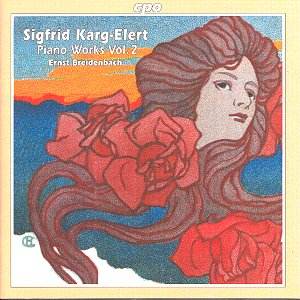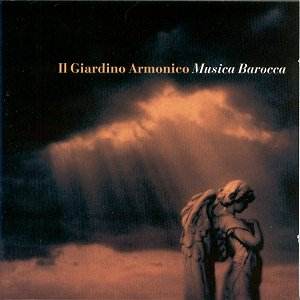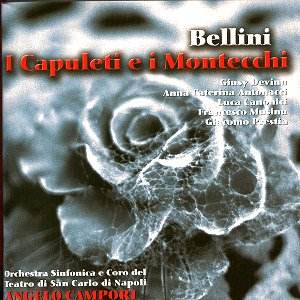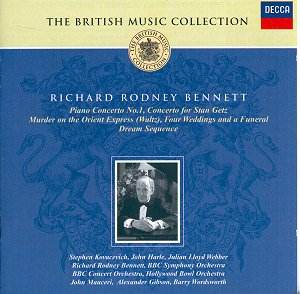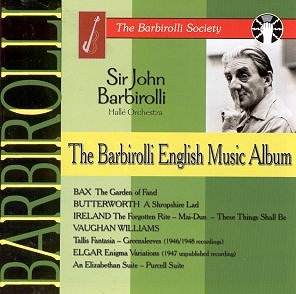 Composer: Various
Composer: Various
Works: Arnold Bax – The Garden of Fand; George Butterworth – A Shropshire Lad; John Ireland – The Forgotten Rite, Mai-Dun, These Things Shall Be; Ralph Vaughan Williams – Fantasia on Greensleeves; Fantasia on a Theme of Thomas Tallis; Edward Elgar – Enigma Variations; Bavarian Dance No. 2 – Lullaby arr. John Barbirolli; An Elizabethan Suite; Suite for Strings by Henry Purcell
Performers: Hallé Orchestra, Hallé Choir, Parry Jones (tenor), John Barbirolli (conductor)
Recording: Various sessions, predominantly from the Free Trade Hall, Manchester, 1946-1956
Label: Dutton, The Barbirolli Society
The Barbirolli English Music Album presents an exquisite panorama of early 20th-century British music, through the lens of one of its most revered interpreters, Sir John Barbirolli. This two-disc set revives works that encapsulate the essence of English musical identity, ranging from Bax’s lushly evocative “The Garden of Fand” to Elgar’s profound “Enigma Variations.” The collection not only serves as a tribute to Barbirolli’s interpretative genius but also as a historical document that captures the nuances of an era characterized by a search for national musical voice amidst the aftermath of World War I.
Barbirolli’s interpretation of Bax’s “The Garden of Fand” is particularly noteworthy. His ability to infuse the music with fervent poetry and imaginative depth stands as a testament to his profound understanding of Bax’s aesthetic. The Hallé Orchestra executes the work with a palpable sense of drama, though the recording from 1956 reveals some age-related limitations in sound quality. The strings, while vibrant, do not always achieve the lushness expected by contemporary standards, leading to moments where the richness of Bax’s harmonic language seems slightly underplayed. Nevertheless, this performance remains unparalleled in its emotional reach, suggesting a yearning that resonates deeply with the listener.
Turning to Butterworth’s “A Shropshire Lad,” the performance carries an air of nostalgia tinged with the palpable weight of history. Recorded in the same session as the Bax, this work’s interpretation reveals a slight strain in the string sections, which at times lacks the seamless warmth one might anticipate. However, individual passages, particularly the woodwinds and brass, shine through with clarity and confidence, showcasing Barbirolli’s astute balancing skills. The emotional weight of the piece is well conveyed, even as the fortissimo passages occasionally exhibit a tension reflective of the recording’s vintage.
John Ireland’s contributions, especially “The Forgotten Rite,” benefit greatly from Barbirolli’s sensitive conducting. The Hallé’s first oboe and harp provide a poignant dialogue that evokes a sense of the mystic, while Barbirolli’s expansive pacing allows the music to unfold naturally. His dynamic contrasts and careful attention to orchestral blend enhance the druidic qualities of the work, creating a compelling narrative arc. The performance of “These Things Shall Be,” while met with some critical skepticism in the past, emerges here as a triumph. Barbirolli’s vigorous pacing and the Hallé Choir’s fervent delivery breathe new life into the piece, effectively conveying its idealistic fervor against the backdrop of a troubled Europe.
The second disc revisits more familiar territory with Vaughan Williams and Elgar. Barbirolli’s “Fantasia on Greensleeves” surprises with its depth, showcasing the conductor’s masterful handling of lyrical lines that transcend the work’s perceived simplicity. The recording quality, despite its age, captures a rich tapestry of sound that highlights the inner voices of the orchestra. The “Enigma Variations,” previously unissued, is a revelation. Barbirolli’s brisk tempos and spirited interpretations of the variations, particularly the lively “Troyte,” offer a vibrant alternative to more measured renditions, although one wonders why this session was not chosen for earlier release.
Technical considerations regarding sound quality do arise, particularly in the mono recordings, with sporadic instances of tape warble. Nonetheless, Dutton’s remastering efforts deserve commendation for their attention to detail and historical fidelity, making the listening experience as engaging as possible. Barbirolli’s interpretations, however, easily overshadow these minor flaws, drawing the listener into a world where emotion reigns supreme.
This collection stands as a vital contribution to the discography of British music and a testament to Barbirolli’s artistry. The performances, while occasionally hampered by the limitations of their time, reveal an emotional depth and interpretative clarity that resonate powerfully. The Barbirolli English Music Album should undoubtedly find a place in the collection of any serious enthusiast of British classical music, offering both a historical perspective and an emotionally charged listening experience that transcends the constraints of its recording era.
